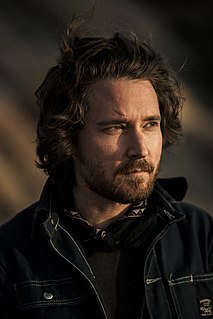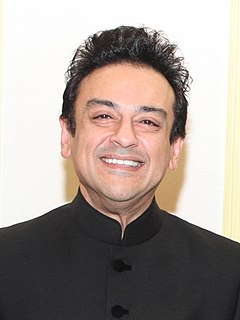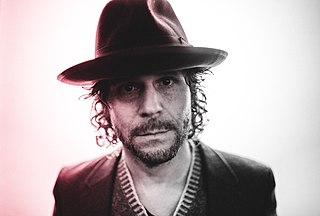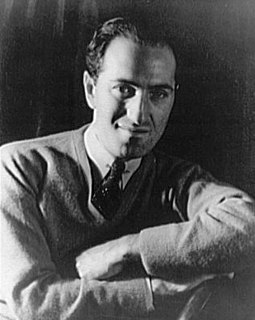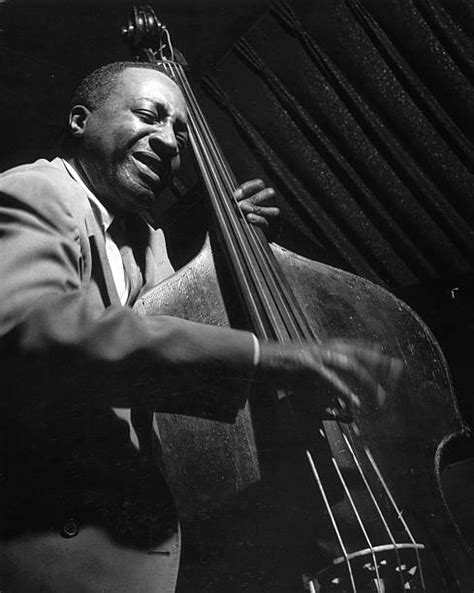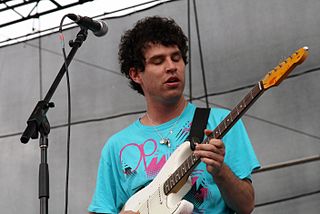A Quote by Rhiannon Giddens
There is a black folk music audience. They're just very small.
Related Quotes
I think there's a difference between the type of folk music that people put into the box of "folk music" and then there's the kind of folk music that I aspire to and am in awe of, and that is the kind of folk music where it's very limited tools - in most cases a guitar, in a self-taught style that is idiosyncratic and particular to that musician.
My music doesn't really sound like punk music, it's acoustic. And it doesn't really sound like folk music 'cause I'm thrashing too hard and emoting a little too much for the sort of introspective, respectful, sort-of folk genre thing. I'm really into punk and folk as music that comes out of communities and is very genuine and very immediate and not commercial.
It is extremely interesting to me that black males, and other black folk, are viewed as self-pitying, by either other blacks who have failed to accurately calculate their own diminished status as a result of racial animosity - both individual and systemic - or by whites who fail to comprehend how, after forcing black folk into subservience for hundreds of years, they now whine about small privileges that pale - so to speak - in comparison to the untold advantage of centuries of benefit.
I think what makes the Byrds stand up all these years is the basis in folk music. Folk music, being a timeless art form, is the foundation of the Byrds. We were all from a folk background. We considered ourselves folk singers even when we strapped on electric instruments and dabbled in different things.
There is not a history of black intellectuals being allied with dominant forces to hold white people in social and cultural subordination for a few centuries. Second, the "our" of black folk has always been far more inclusive that the "our" of white folk. For instance, there would have hardly been a need for "black" churches if "white" churches had meant their "our" for everybody - and not just white folk. But "our" black churches have always been open to all who would join. The same with white society at every level.
I want to be just a musician and songwriter, and hopefully known as a very good one. I love a lot of music that's considered folk music, but I also love a lot of music that's considered punk or considered rap. I don't mind being called a folk singer. But it seems a bit limiting. I want to be able to write whatever kind of song I want.
A professional entertainer who allows himself to become known as a singer of folk songs is bound to have trouble with his conscience provided, of course, that he possesses one. As a performing artist, he will pride himself on timing and other techniques designed to keep the audience in his control ... his respect for genuine folklore reminds him that these changes, and these techniques, may give the audience a false picture of folk music.
It's weird, in New York, it's like the big theme of everything is folk music and interacting with people. Maryland is where the landscape of our music comes from, it was more like, let's walk around. People are saying that we are part of some sort of folk scene. We don't feel connected with it. We do live in the city, and communicate with people. It's all folk music.


